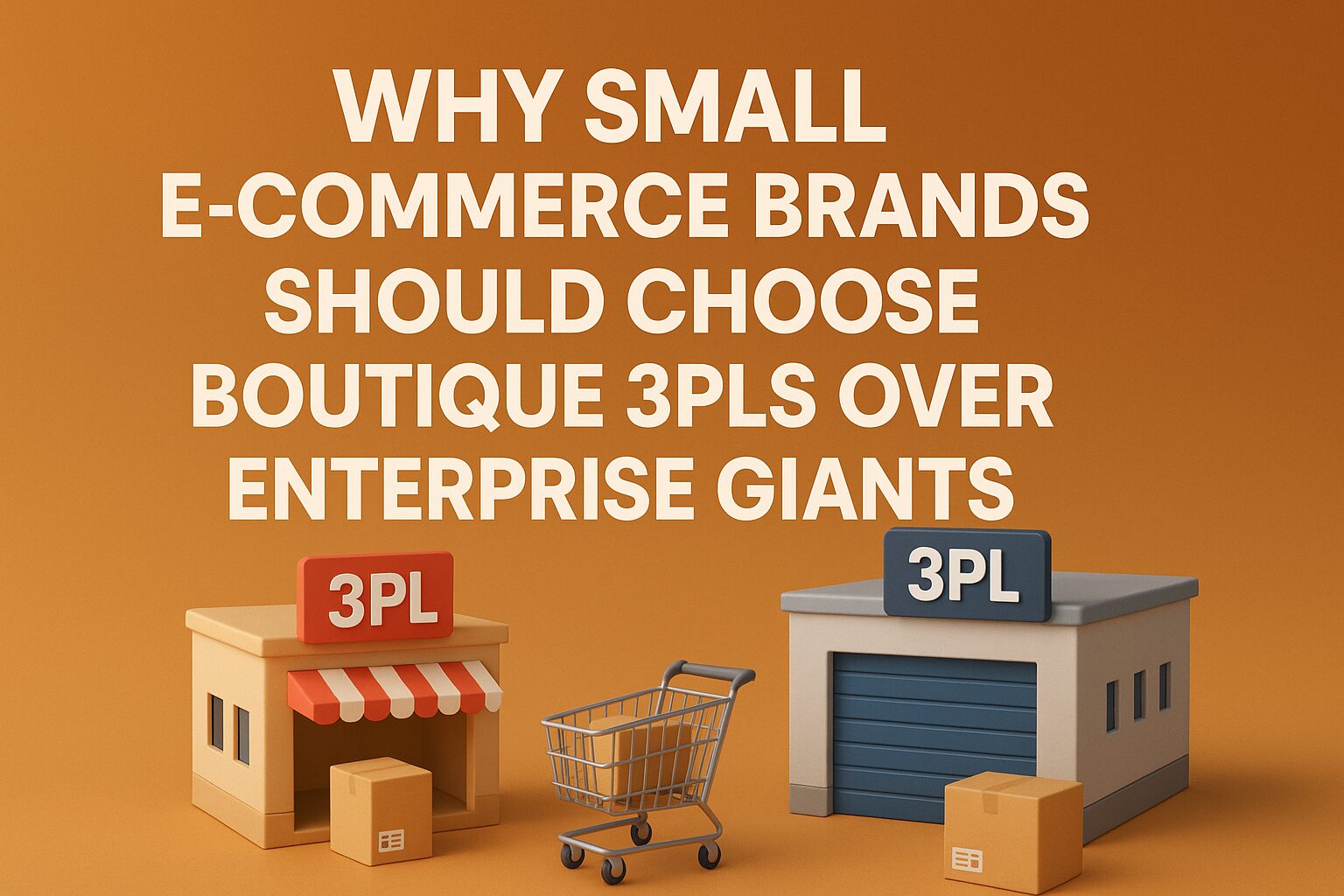Retailers have always tried to reach their customers with their products where they spend most of their time. Social commerce does this with unprecedented efficiency. Social commerce, social selling or social media shop – no matter what the name, brands can offer their customers a convenient shopping experience via social media.
And the potential of social commerce is great! In a survey, Hubspot found that 50 percent of the Americans surveyed had already made a purchase on a social media platform. German consumers are currently even more cautious. A YouGov study found that 20 percent of German users have already purchased products at least once on Facebook, Instagram and Co. – and the trend is rising!
But for which companies is it worth thinking about social commerce? Do you want to know what to look out for when setting up a social media shop, or do you simply want to learn more about this e-commerce trend? We have summarized the most important insights into social media shops for you.
What is Social Commerce?
Social commerce involves selling goods through social media platforms. The most important platforms for social selling are Facebook, Instagram, TikTok, WhatsApp and Pinterest. But the video platform YouTube is already busy testing sales functions on its site. E-commerce brands have the opportunity to attract customers to their sales channels with a good social media presence and to significantly increase their conversion rate.
Of course, you also have to keep an eye on the cost structure behind social commerce. For example, Facebook charges 5 percent of sales as a transaction fee (at least €0.40 for shipments under €8.00). Other platforms charge similar fees.
Every German spends an average of 89 minutes a day on social networks. For people between the ages of 16 and 19 it is even an average of 150 minutes. The idea behind social commerce is simple: reach customers where they spend a significant part of their free time and make the shopping experience as engaging and convenient as possible. Ideally, users don’t even have to switch apps to complete the purchase. Ecommerce brands can engage users directly and creatively on the appropriate platforms. That’s part of the charm of social commerce.
But with new opportunities come new challenges. Shops should pay special attention to marketing and fulfilment . This is the only way they can offer their customers a first-class shopping experience via social channels.

Social Commerce Places New Demands On Marketing
With social media, advertising has reached a new level. Marketing has never been so focused on engagement and interaction. There are numerous ways to reach your customers as a direct-to-consumer (D2C) shop via social media channels. But social media marketing can also mean significantly more effort. Target groups can be determined very precisely in the ad managers of the platforms. Nevertheless, creativity is required to encourage potential customers to stay with your post.
As an online store, you also need to be careful to engage with your social media community and encourage them to share content. There are a number of opportunities here, especially for small D2C shops with a manageable marketing budget. With creative, target group-specific content that is worth sharing, you can significantly increase your organic (and therefore cost-effective) reach.
In order to achieve a large reach and a strong impact, working with influencers is suitable for many brands. Influencers bring your products to life in labeled advertising. Niche products can also be processed well in cooperation with influencers. You can reach even the most unusual target groups via so-called micro-influencers.
In social commerce, customers can also become multipliers. It is therefore particularly important to offer an excellent sales experience in addition to a great product. This includes everything from the first click to a smooth and transparent fulfilment process to the unboxing experience. Because when you enchant your customers, they are all the more willing to share your experience and thus your product with their own community.
Does Social Selling Work With My eCommerce System?
When setting up your social media store, you need to keep another aspect in mind. Make sure that all transactions from your various sales channels come together in one shop system and are properly transmitted to your fulfillment service provider. This will ensure that inventory errors do not occur. Because these make for unhappy customers.
Fortunately, Shopify and other shop systems already offer integrations with the platform’s own systems from Facebook, Instagram, TikTok and Pinterest. If you connect the systems properly, the various shop systems should be fully integrated. This way, your customers can also check out via the Instagram shop without having to leave the app. Shop operators in the EU should note one more thing here.
The checkout function on Facebook and Instagram is currently only available for shop operators in the USA and UK (as of February 2022). In Germany, social media shops usually link to the specially optimized website of the online shop. This has advantages and disadvantages. On the one hand, this reduces the convenience factor of the shopping experience, since the customer may have to register separately for the checkout. On the other hand, the customer becomes your customer by registering on your website and will hopefully find their way directly to your online shop in the future.
Another advantage is that you do not have to worry about integrating the shop system. This makes it easier to handle the fulfillment processes properly in the background. It is not yet clear when the checkout function via Instagram and Facebook will be available in the EU.
For Which Industries Is a Social Media Shop Suitable?
Anything that can be presented clearly in pictures and videos can be sold via social commerce. However, products whose presentation gives the viewer additional added value are particularly suitable for social commerce. Makeup brands, for example, provide their followers with valuable advice in the form of care tips and make-up tutorials. Fashion brands present new ideas on how certain items of clothing can be combined and coordinated. And food manufacturers can score points with delicious recipe and cooking videos.
However, due to the different average user age, you should know your target group exactly and check which networks your potential customers are on. If your target group is between 50 and 69 years old, you are better off on Facebook than on Instagram. Because while 10 percent of this age group can be found on Facebook, only about 1 percent of these users have an Instagram account. If your target audience is between 14 and 29 years old, you should consider Instagram, because 54 percent of users of this age have an account on the platform. Of course, you can also sell on multiple platforms. But maintaining a social media shop is time-consuming. Therefore, you should consider which platform is worth being active on.
Social Commerce and Fulfilment
Many brands use their social media shops for special campaigns in which a lot of goods need to be moved quickly. You must take this into account in your logistical processes. Short-tail businesses, in which shops sell a few curated goods in large quantities, are often closer to campaign logistics than to normal e-commerce fulfilment. It may be advantageous to logistically separate large social commerce campaigns from your main business. Otherwise the promotional business with its large quantities may disrupt the fulfillment of the main business.
No matter how you use social commerce for your business, customers care about convenience. Therefore, the shopping process should be as comfortable as possible from the first click to unpacking. Your fulfilment processes in the background must therefore function smoothly. With your fulfilment service provider, pay particular attention to a low picking error rate and fast shipping times.
Do you need help setting up your fulfilment for an online or social media shop? Or would you like to put your current setup to the test without obligation? Make an inquiry now. One of our consultants will get in touch with you.









